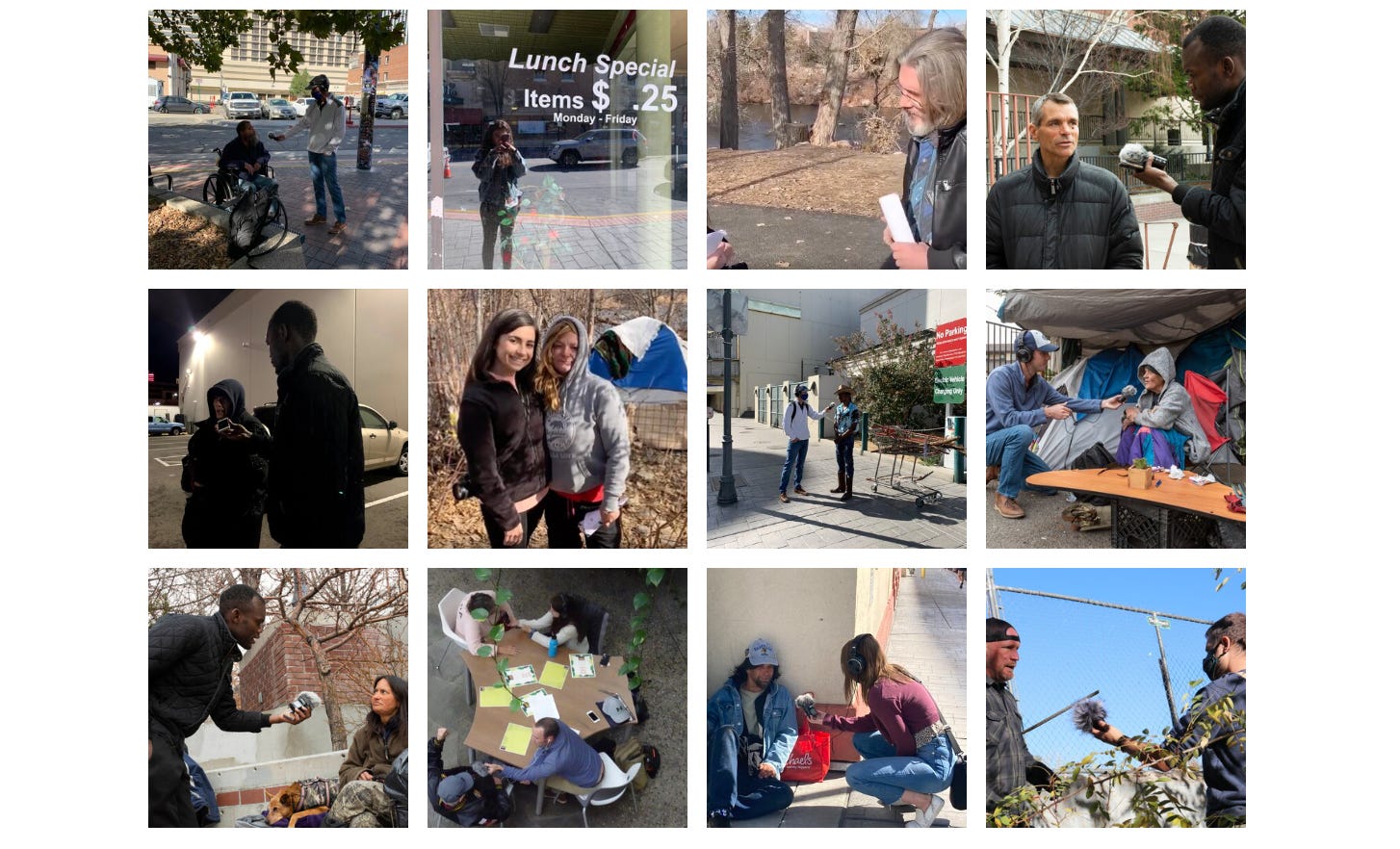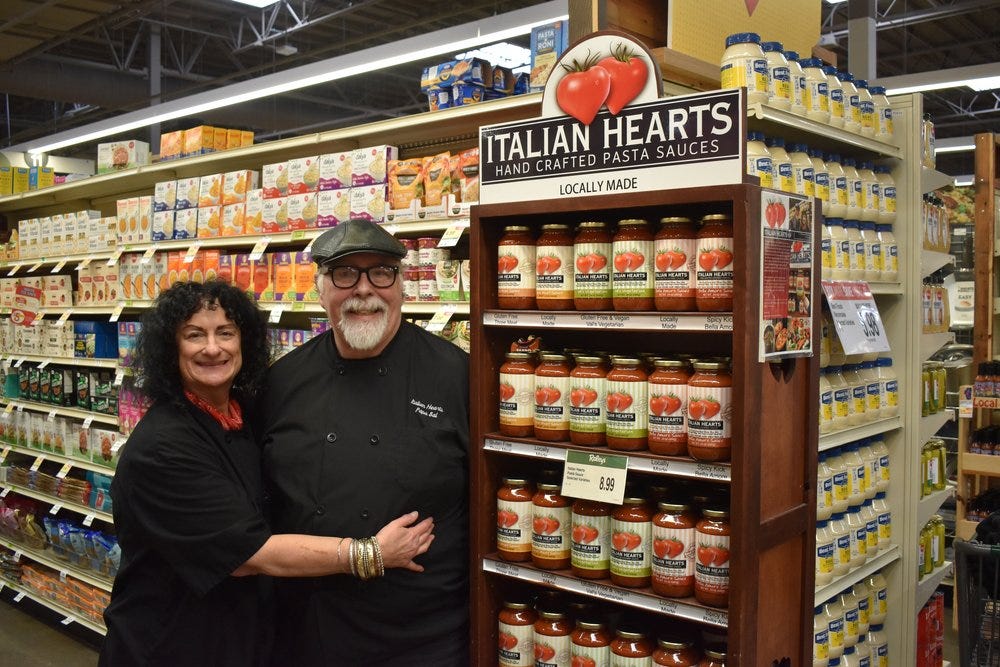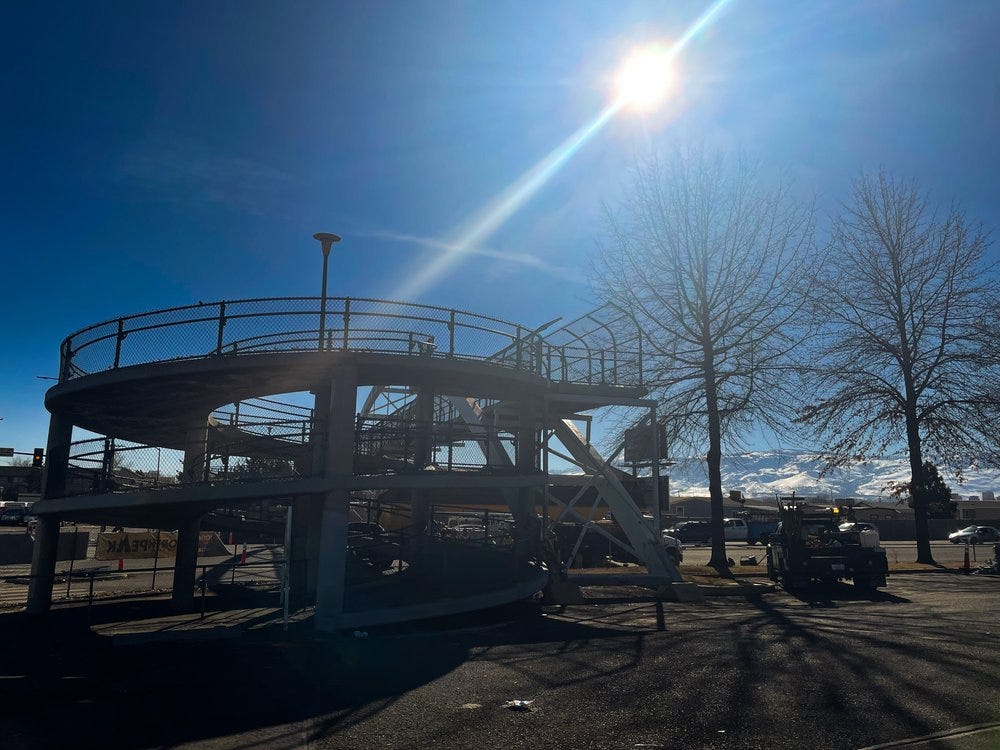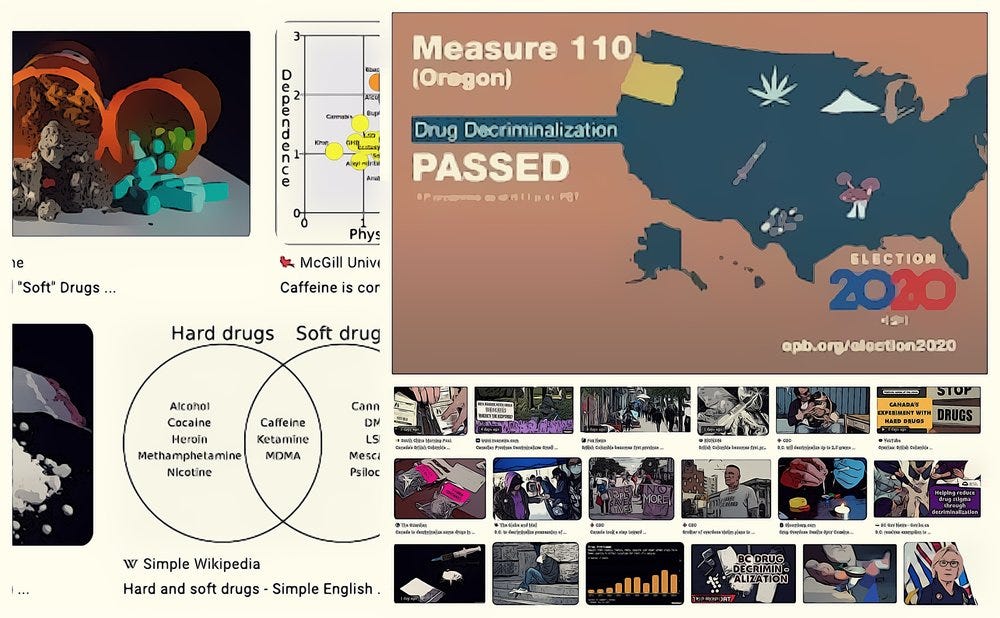What are We Doing Again Exactly?
Responding to those who say we should be "objective" or that what we do is not "journalism."
We had an interesting back and forth this week with Reno City Council member Devon Reese in the Facebook comment section for our story about an out of town muralist being awarded $80,000 for a bowling centric design to embellish the outside of the National Bowling Stadium.
One reply he made was that “context matters for objective news reporting.” Of course context matters. Debatable is how much context is needed. Too much context can drown the story, but context is obviously always valuable.
One word we’d like to disagree with though is the word “objective.” We prefer goals such as being honest, fair and accurate while seeking and pursuing truth. We don’t believe any reporting has ever been or will ever be “objective.”
One line we pointed to in our social media conversation with Reese is that “objectivity is the ideology of the status quo.” The status quo also shifts over time. What was considered “objective” several decades ago in journalism would be considered hyper racist, misogynistic, transphobic and homophobic if considered today. Isn’t that a problem rather than an aspiration?
Communications scholar David Mindich has shown that so-called objective journalism served to normalize the practice of lynching.
Other notable media critics, such as Noam Chomsky and Edward S. Herman, have written that this notion of objectivity tends to heavily favor viewpoints from government officials and major corporations. A former managing editor for the Columbia Journalism Review wrote that objectivity excuses lazy reporting. He called reporters imperfect but still performing a crucial job for society and “[d]espite all our important and necessary attempts to minimize [individual's] humanity, it can't be any other way.”
The concept of so-called objectivity started being applied to journalistic work as a guiding principle in the late 1890s and early 1900s, in overt fetishizing of science applied to writing and disseminating information, with one of the motives to please advertisers. We have moved on since then, with the advent of Craigslist notably shaking up the economic dynamics of large swathes of written journalism.
At Our Town Reno, we view journalism much more as a public service than a profit driven endeavor, which is an important distinction. Previous ideals of “objectivity” were driven with advertisers in mind.
Which is why when people say what we are doing isn’t journalism (at least one comment a week indicates this, with certain posts prompting more of this type of objection), we also wonder how they would define the craft? It is shifting with social media, and that’s why we post on different channels, using different techniques to engage and discuss, inform and raise flags to existing and potential dangers, build awareness and create compassion for some of our neighbors most in need.
We also view our work started in 2016 with the film Invisible Girl (above) and then a foundational website (www.ourtownreno,com) specifically to give more of a voice to the unhoused and displaced motel residents as a multimedia documentary in progress, with every post, visual, photo, video, curation, comment and article we contribute an addition to an overall depiction of our shifting Biggest Little City.
More Reporting Highlights This Week
Our Ideas for Progress series looks into other localities decriminalizing hard drugs.
We gave an update on a major judicial setback for those against lithium mining at Thacker Pass.
Social media posts included documents from an ethics violation by Neoma Jardon, who jumped from council member to head the Downtown Reno Partnership without a “cooling off period” and an update on Wrightway Market (below) saying they are victims of location while they try to get an alcohol license back for their corner store.










